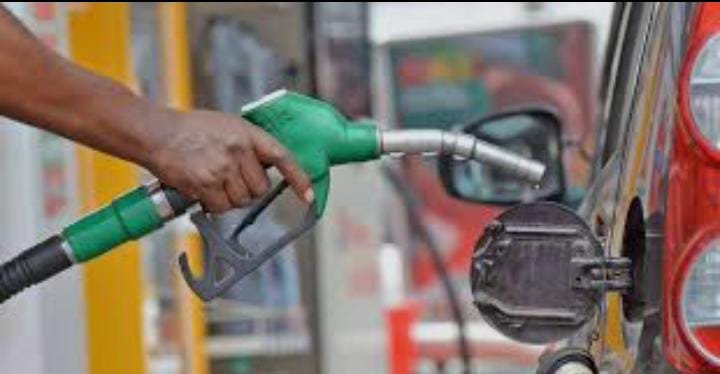Sampson Addae, an energy expert at the Chamber of Petroleum Consumers Ghana (COPEC), has urged the Ministry of Transport to hold thorough engagements with the Ghana Private Road Transport Union (GPRTU) and its affiliates to guarantee that fuel price reductions benefit the end consumer.
Addae expressed his confusion over the hesitation of GPRTU and other transport operators to further lower transport fares, despite the consistent drop in fuel prices both globally and at local filling stations.
“I think the major effort should come from the transport minister because the previous government had an agreement with the transport union that, whenever there is an increase [or decrease] in fuel prices, then it is up to 10%, then they either decrease or increase transport fares.”
Sampson Addae
His remarks follow the consistent decline in the price per barrel of Brent crude oil on the global market, which, by extension, should have led to reductions across all fuel-related sectors.
In an interview with Vaultz News, he further stated that prices are expected to drop again in the second pricing window of May, marking the sixth decrease since the beginning of the year. “We are even expecting another decrease in fuel prices. So, when it comes, it will be the sixth time this year that the fuel price has gone down.”
Addae stated that if fuel prices are decreasing by more than 10%, then it is necessary for the Minister to engage the transport operators.

He explained that the Minister should help them understand that while the Oil Marketing Companies (OMCs) have fulfilled their part, they too must play their role for the benefit of consumers.
He emphasized the need to adhere to the set guidelines, so that when prices eventually rise and they wish to adjust fares accordingly, both Ghanaians and the Ministry will understand and accept the decision.
Meanwhile, on the international market, Brent crude is trading at $64 per barrel, with LPG priced at approximately $58 per barrel.
However, this decline has not translated into any noticeable relief for Ghanaians in terms of daily transportation costs, highlighting the urgent need for measures to cushion the consumer.
Cedi Stability Key To Fuel Price Relief
According to Sampson Addae, the dollar’s abandonment as well as US tariff wars with China could have also played a significant role in the cedi’s performance against the dollar, which has relatively necessitated the downward prices of fuel as seen in the OMCs and the local pumps.
Furthermore, he explained that international geopolitics beyond the country’s control may have contributed to the decline in petroleum product prices globally and on the international market over the past few months.

While he acknowledged the possibility of a slight increase in fuel prices if the geopolitical tensions are resolved, he believes that prices could remain stable as long as the cedi maintains its stability against the dollar.
“For consistency, it will likely depend on the performance of the cedi because for the world market, there are these international geopolitics which we do not have control over. So anything can happen, and the price will shoot up.
“Even if it shoots up and the cedi is stable, it can also mean that the local prices will remain stable even if it doesn’t go up. So the cedi’s stability, as we have seen now, if it is able to continue, then I think consumers will enjoy the prices either being stable or going down for some time”.
Sampson Addae
He further revealed that in the second pricing window for the month of May, there is a projected reduction in fuel prices ranging between 3 to 5 percent for petrol and diesel, respectively.

However, if no meaningful negotiations take place between the Ministry of Transport and its stakeholders, there is a strong possibility that commuters may continue paying the same fare for ‘Trotro’ public transport—or potentially even more—depending on the cedi’s performance against the dollar, as well as crude oil prices on the international market.
Nonetheless, if the dollar strengthens on the global stock market, it could spell trouble for the cedi.
This would mean more cedis would be required to purchase the same amount of dollars and crude oil, possibly compelling Oil Marketing Companies to adjust prices upward, which would ultimately impact consumers over time.























